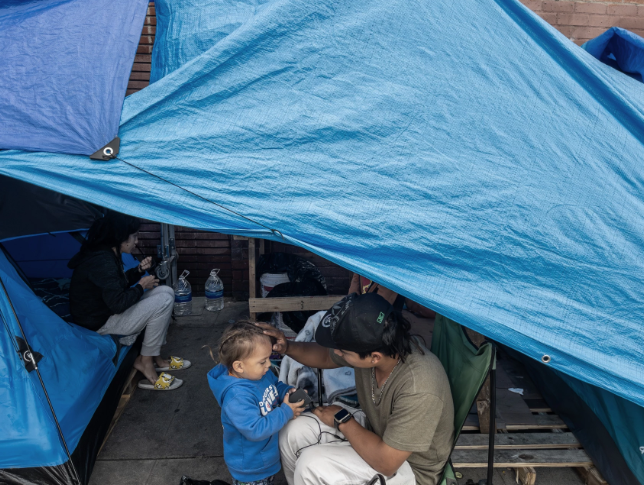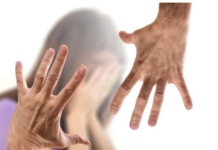At NPR, Rhitu Chatterjee has this piece on a new article in the journal Pediatrics describing the results of a longitudinal study that demonstrates the impact of housing insecurity on children’s physical and mental health later in life:
“Not having secure housing is a huge stress for anyone. But when children experience this, especially in early childhood, it can affect their health years down the line.
That’s the finding of a new study in the journal Pediatrics, which says that teens who experienced housing insecurity earlier in life were more likely to report worse health. . . .
The Future of Families and Child Well-Being study has been following a group of children across the country since their birth over 20 years ago.
Researcher Kristyn Pierce and her colleague in the department of pediatrics at NYU Grossman School of Medicine mined data from that study to get a good sense of kids’ experiences with housing from birth to age 15.
‘We took measures of housing insecurity that were collected throughout their participation,’ says Pierce.
That included indicators like ‘homelessness, eviction, doubling up, meaning like overcrowding in the house and spending a night in a place that wasn’t meant for residents and also difficulty paying for rent or mortgage.’ . . .
Kids with any level of housing insecurity – low or high – had worse self-reported health at age 15, says Pierce. They also reported worse mental health.
‘Children in both insecure groups reported higher levels of depression,’ says Pierce. ‘And then only those in the highly insecure group reported higher levels of anxiety.’”
Article → ***
***
More from Around the Web
More from Mad in the Family














